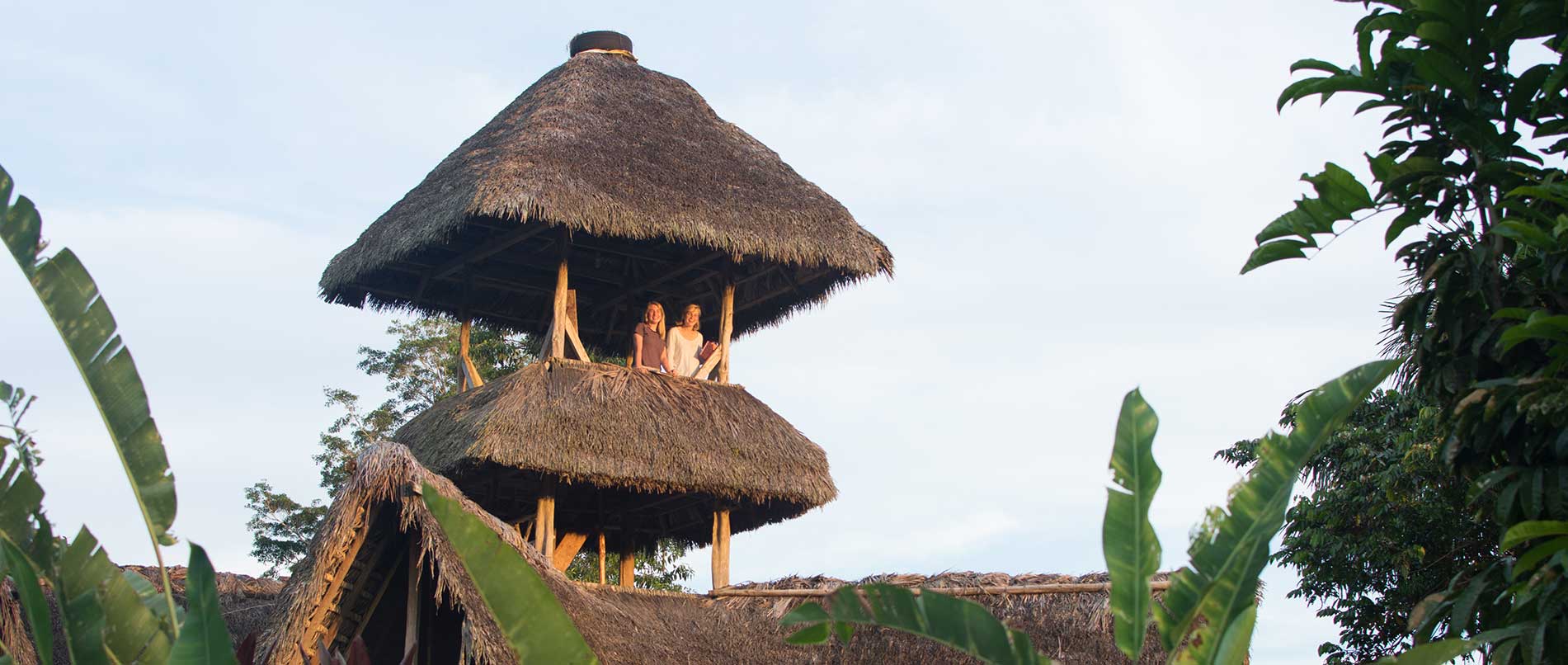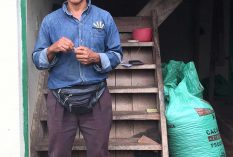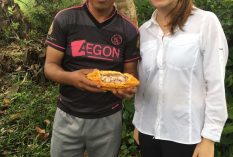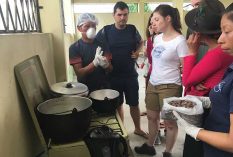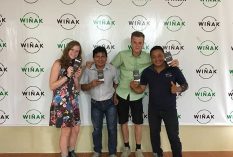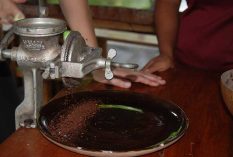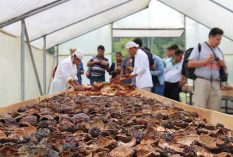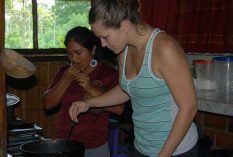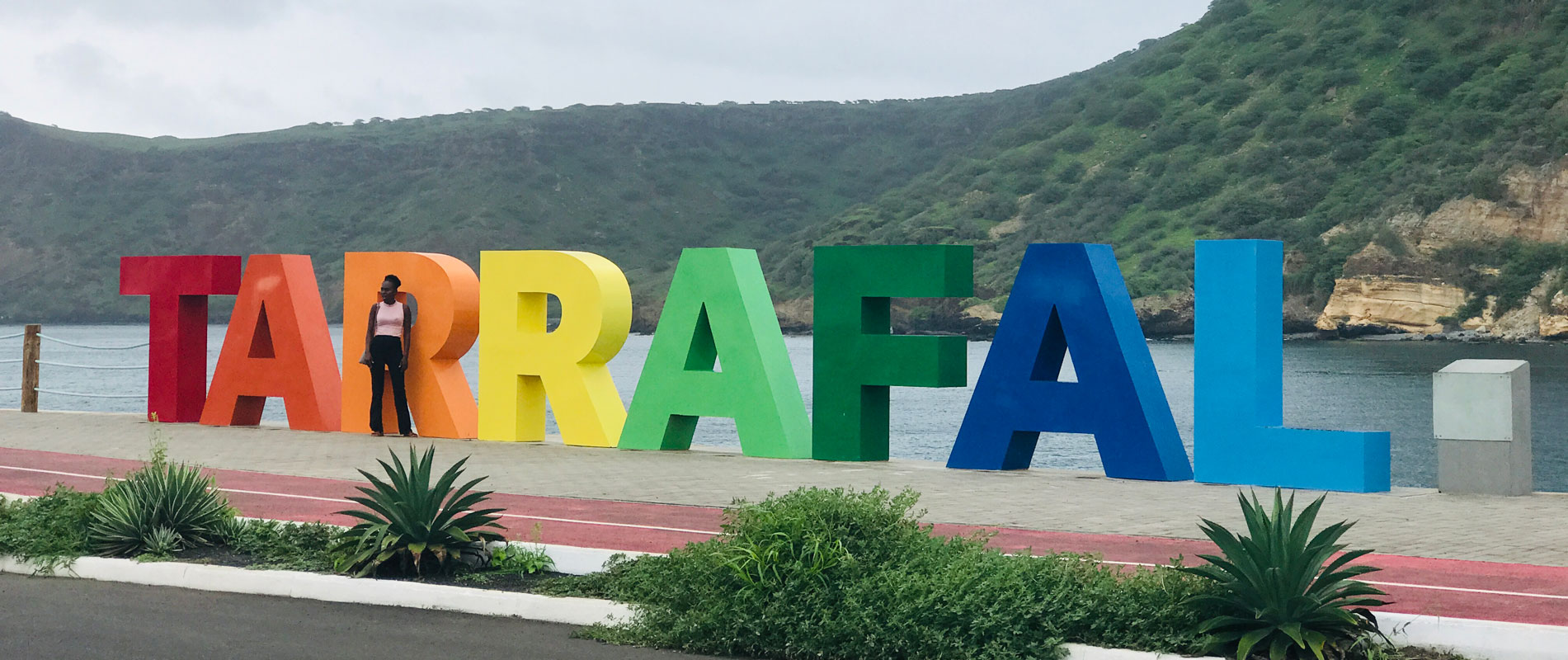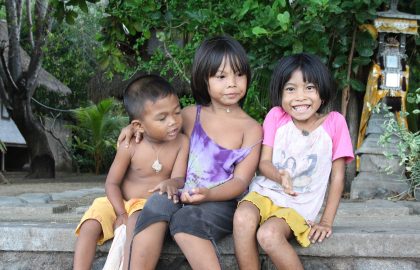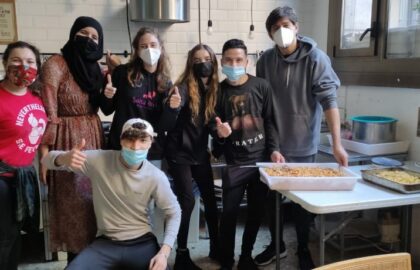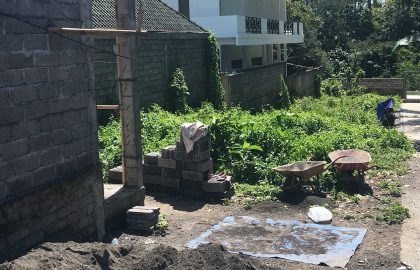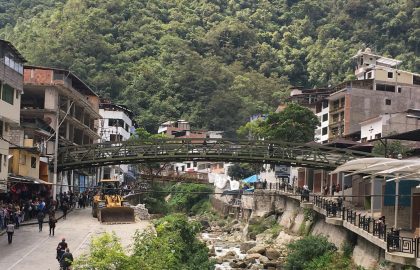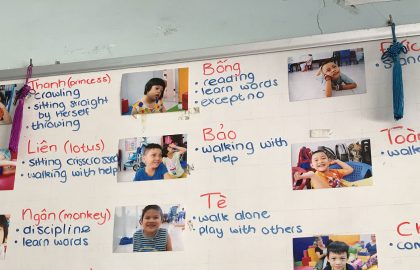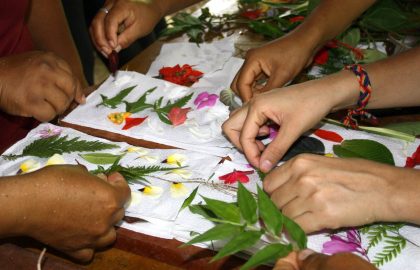Description
Location: Napo, Ecuador
Duration: Minimum 4 weeks (flexible for min 2 weeks depending on intern’s qualifications), Maximum 1 year
Start Dates: Project is ongoing, and you can join at any time, depending upon availability
Cost: $550 for the 1st week + $400 for each additional week (2 month minimum is recommended) – see ‘Costs’ tab for further details
Benefits:
- Work with an association of indigenous cacao farmers who produce chocolate for national and international distribution
- Live with one of the farmers or a local farmer who produces cacao in a rural community and support them with planting and harvesting, depending on the season
- Learn about social impact marketing, sustainability, Fair Trade and organic certifications, agroforestry, and the production of chocolate from cacao plant to final product
- Contribute to market research about new local products and how to introduce them into bigger markets [e.g. guayusa leaf tea and vanilla]
- Research & dissertation support available with partner organizations and universities, if requested
- Keywords: business internship, social entrepreneurship, social impact, indigenous rights, agroforestry, biodiversity, sustainable development, research, community development, economic development, climate change, farming, organic agriculture, women’s empowerment.
Introduction
The Amazon rainforest is one of the most biodiverse ecosystems in the world and has over 40,000 plant species! There are thousands of plants and trees that produce edible fruits and can be used for medicine, lumber, and artisan goods. Most Amazonian products have not been commercialized. However, cacao and guayusa leaf tea are two up-and-coming, major exports that are cultivated by local farmers in the Ecuadorian Amazon.
Interns work with an association of indigenous farmers who implement social enterprise models to preserve their traditional forms of agriculture, protect the environment through sustainable agriculture, and enter viable markets to sell their finished products. Most associations are organic and Fair Trade certified and continue to look for innovative solutions and external financial support for their projects. This is a unique opportunity for motivated, enthusiastic interns to learn about the intersections of ancestral knowledge, environmental sustainability, and social entrepreneurship and how they relate to cultural identity and income-generation projects.
Daily Life
Internships begin with an orientation in the city of Tena. After, interns spend the first few weeks getting to know their host family and internship placements. Depending on the needs of the placement, potential internship activities include:
- Assist with day-to-day operations including inventory, factory work, and receiving buyers and sellers
- Assist in the factory by moving fermenting cocoa beans, turning drying cocoa beans, grinding cocoa beans, and helping with quality control
- Shadow and assist field technicians when they review farms for organic and Fair Trade re-certifications
- Manage the association’s social media pages and website, take photos, and collect testimonials from local farmers
- Research national and international markets for product distribution, including researching third parties who can support with production and exportation
- Support the association’s engagement with communities by attending events and providing chocolate and guayusa samples
- Translate documents explaining Fair Trade and organic certification requirements from English to Spanish
- Contributing to field work in farmers’ chakras (traditional agroforestry farms) by planting, weeding, and harvesting
- Guide visitors during tours by translating and explaining the association’s business model, its products, and methods of production
- Organize English lessons with co-workers who are eager to advance their language skills and receive Spanish and Kichwa lessons from them as well
An average day for a social entrepreneurship intern looks like:
***NOTE: Schedules can differ based on the intern’s placement and projects interns collaborate on. The following sample schedule is based off of past interns’ experiences.***
- Wake up and have breakfast with host family (***If you are with a very traditional indigenous family, you can wake up with them at 4 or 5am and share in the ritual of drinking guayusa tea as a family***)
- Head to the association’s office around 7:30/8am
- Office work supporting on-going projects, assist with tourism groups, independent research
- Lunch with host family (***OR: When interns are in the field they can buy lunch or bring a packed lunch***)
- Continue research, finish up daily tasks, field work in the factory with cocoa and tea production, workshops with communities
- Return home around 5/6 pm for dinner with the family (***We encourage interns to spend as many evenings and weekends as possible with their host families to make the most of their immersions, learn about the culture, and practice their Spanish***)
- Other activities to get involved in after work and on the weekends: sports, clubs, teaching English, meeting up with other interns, going on weekend trips to nearby tourist destinations, swimming in rivers, rafting, hikes to waterfalls and swimming holes, chocolate-making
Interns need to bring extra spending money for their transportation, meals not eaten with the family, and activities and travel outside of the program. The cost of living and transportation costs are explained in more detail in the intern manual provided to incoming participants to help them calculate how much extra money they should bring.
***NOTE: Specific projects change throughout the year depending on the needs of our partner organizations. The projects interns work on during their internship are based on the organization’s’ immediate needs and workflow.***
Travel & Accom.
The best airport to fly into is Mariscal Sucre International Airport (UIO) in Quito, Ecuador’s capital. Interns need to arrive to Quito no later than the night before their orientation begins. Quito is only 4 hours from Tena, the main city in the Napo Province. On the morning of orientation, a staff member schedules a taxi to pick interns up and bring them to Tena for training; they just have to pay the driver upon arrival.
Interns stay in Tena during orientation, and the cost of the accommodation is provided. The rest of the program is spent living with a local host family. This is an amazing opportunity to immerse in the local community, learn about the culture, and practice Spanish. Host families provide 3 meals per day, bedding, and a place to do laundry.
Requirements
Interns are expected to finance their own travel costs (international and while in Ecuador).
Other requirements include:
- Minimum 4 weeks commitment, recommended 8-12 weeks (flexibility for a minimum of 2 weeks however this could affect the price).
- Academic and/or professional experience in the fields of business, entrepreneurship, sustainable business, agriculture, brand management, anthropology, or a related field
- Full travel & medical insurance
- Necessary vaccinations
- Necessary visa costs
Costs
$550 USD for the 1st week, $400 USD* for each week thereafter.
* Currency conversions are approximate. Use xe.com for up to date currency conversion rates
** All payments incur a 5% bank transfer fee
*** Places are confirmed with a 1 week deposit.
What’s Included:
- Accommodation during orientation
- Accommodation and 3 meals a day with a host family. Includes a private room, bathroom, all bedding, and place to do laundry
- Guided pre-departure preparation
- In-country orientation that addresses risk management, culture shock, cross-cultural adaptation skills, history/culture/politics of Ecuador and the Amazon, team-building, goal-setting, and more
- 1:1 check-ins every 2 weeks
- 24/7 emergency support
- Network of doctors, therapists, Spanish tutors in-country
- Access to network of experts and information databases for research support
- Exit interview and end-of-program reflection
- Alumni group and future references
What’s not included:
- Costs of flights and visa
- Costs of vaccinations
- $15 per day for food during orientation training
- Personal transportation
- Any other activities outside of scheduled program activities (white water rafting, yoga, workshops, guided jungle hikes, etc.)
Full assistance will be provided in getting all these arranged if you choose our Premium Support.
Premium Support Upgrade
We understand there’s a great deal to plan and organise for your trip. When booking a Placement, many of our participants choose to purchase our Premium Support Upgrade to benefit from the expertise, knowledge and experience of our Project Coordinators. We can provide the personal advice you need to ensure your trip is organised with excellence and planned with efficiency; ensuring the very best experience possible. Read more about how we can help you.
Napo, Manabí, Ecuador
Note: Map coordinates are approximate

